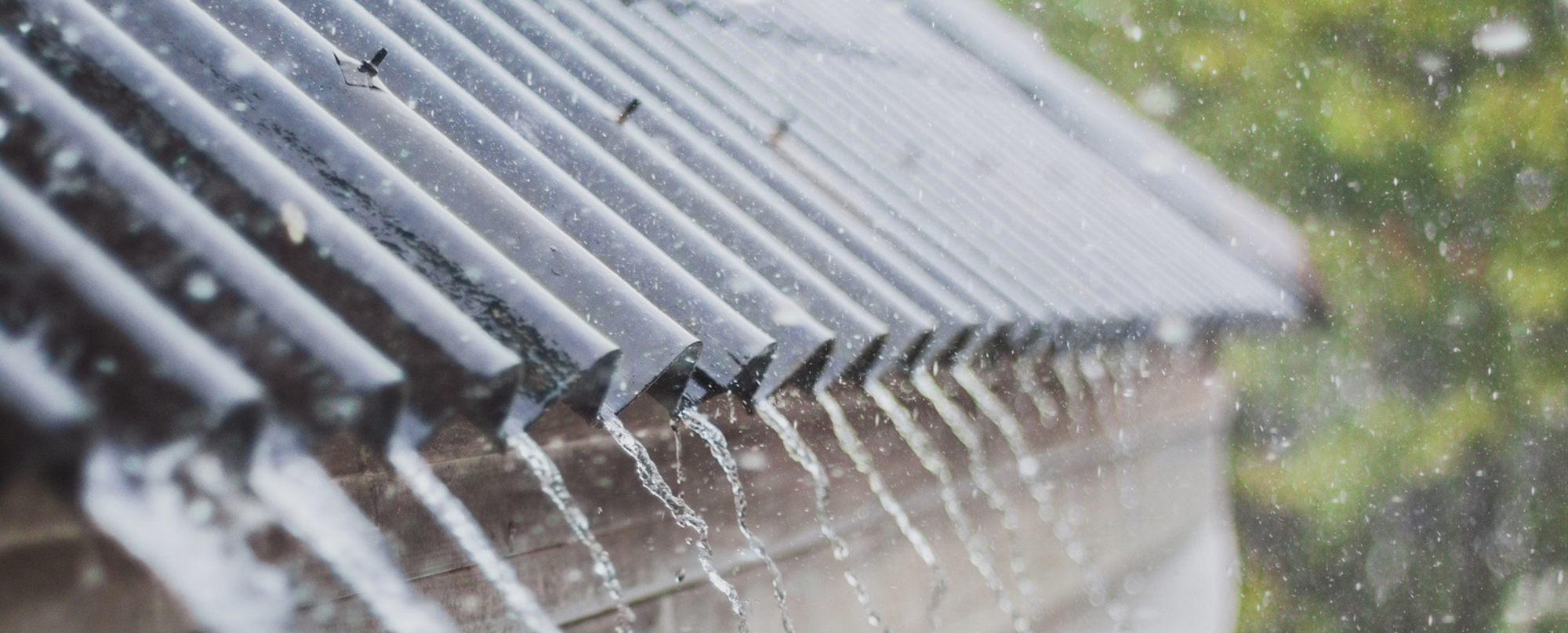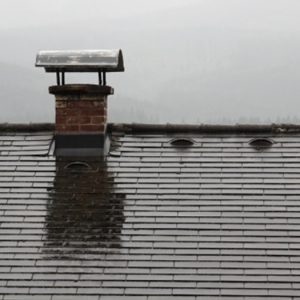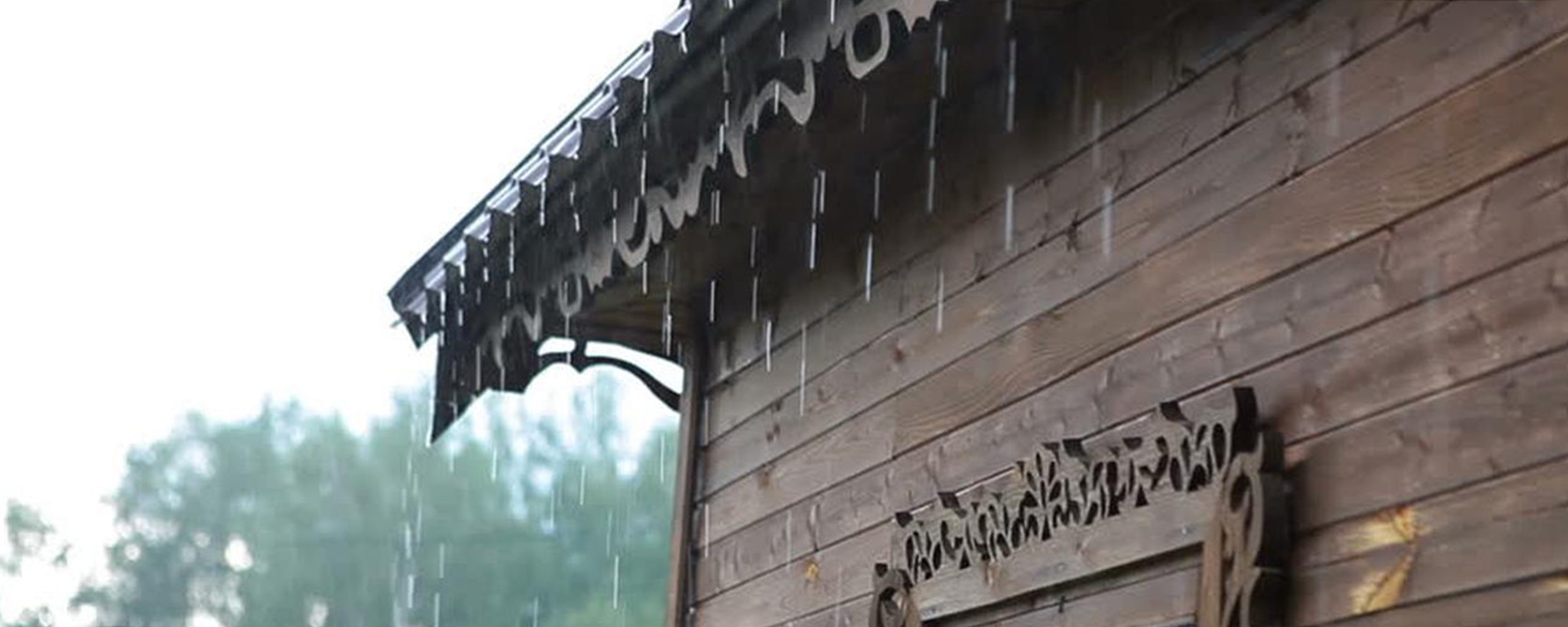 Protecting Your Home After Severe Rainfall
Protecting Your Home After Severe Rainfall
The past few weeks here in South Jersey have been filled with dreary weather and severe rainfall. This nonstop moisture and rain can create the perfect breeding ground for mold. During these periods of severe rainfall, South Jersey properties have the potential to be vulnerable to water intrusion and mold. The presence of all this excess moisture gives mold a chance to develop. However, there are plenty of preventative measures you can take to keep your home in the best possible condition.
Preventing Mold & Moisture Damage After Long Periods Of Rain
The number one thing you should be doing to prevent mold in your home is indoor moisture control. This can seem intimidating when it has been raining nonstop for weeks. You can’t control what is happening outdoors, so do your best to control your home’s indoor environment. Ensure that all areas of your home are properly ventilated and that the air in the home is properly circulating. These steps are important because your windows will most likely be closed due to the rain. Keep a close eye on areas that experience higher levels of moisture and heat, such as bathrooms and kitchens. Areas like basements and attics that tend to be stuffier and more humid may benefit from the use of a dehumidifier. Preventing mold during periods of severe rainfall may seem difficult, but you just need to know what to look for, as well as where to find it.
Areas To Keep An Eye Out For Moisture Damage & Mold
 • Roof: Ensure you are noting any missing, discolored or damaged shingles. Keep an eye out for cracks, soft spots or any other visible signs of water damage, mold or rot. Property owners in South Jersey should be assessing their roof at least twice a year, to avoid/repair any roof damage.
• Roof: Ensure you are noting any missing, discolored or damaged shingles. Keep an eye out for cracks, soft spots or any other visible signs of water damage, mold or rot. Property owners in South Jersey should be assessing their roof at least twice a year, to avoid/repair any roof damage.
• Gutters: Clear gutters of debris so as to promote proper drainage. Clogged gutters can cause roof damage and lead to water intrusion. Ensure that all downspouts are directing away from the home so that water does not pool around the foundation of the home.
• Attic: Make sure you are inspecting your attic regularly for signs of moisture and water damage after periods of severe rainfall. You will want to keep a close eye on the corners and areas around vents. These areas are the most vulnerable to leakage. Attic mold is actually rather common in South Jersey. Property owners should be regularly maintaining their attics and checking for signs of mold.
• Foundation: Rain runoff from your roof and gutters should drain AWAY from your home’s foundation. Make sure that no water is pooling around your foundation walls. This can seep in through minuscule cracks and cause severe water damage overtime. Small, unnoticed leaks can cause as much, if not more damage than a flood. Address any drainage issues as soon as possible.
• Basement/Crawl Space: Basements and crawl spaces alike should be assessed for any signs of water intrusion. If you find signs of water intrusion such as standing water or staining, immediate action is imperative. You may suspect that this standing water or other signs of water intrusion could be contributing to potential mold issues within your basement/crawl space. If this is the case, contact a professional mold company in your area to learn more about basement mold or to schedule a mold inspection.
Mold only takes 24-48 hours to begin developing and spreading throughout your property with an adequate moisture source. If you see the signs, act fast.
 Restoration Or Remediation Following Severe Rainfall
Restoration Or Remediation Following Severe Rainfall
Some things can not be controlled. Despite preparation, prevention, and maintenance, accidents can happen. Especially during times of severe rainfall, you may not be able to avoid mold or moisture damage. In this case, it is important to know what steps you need to take. A professional mold inspector in your area will be able to assess the extent of the damage and identify the moisture source. Not only that, but they will also create a plan for remediation to restore your home to pre-incident conditions in the most efficient way possible.
Mold and moisture damage may not always present itself in the most obvious way. Dark staining on building materials, suspicious odors, and excess humidity can also be signs of damage. Make sure that you aren’t overlooking anything. It is important that you don’t hesitate when it comes to contacting a professional. You can only see so much on the surface, so an inspection will be able to tell the full extent of damage you’re dealing with. With the help of professionals, you can get to the bottom of the issue and handle it before it gets worse.


